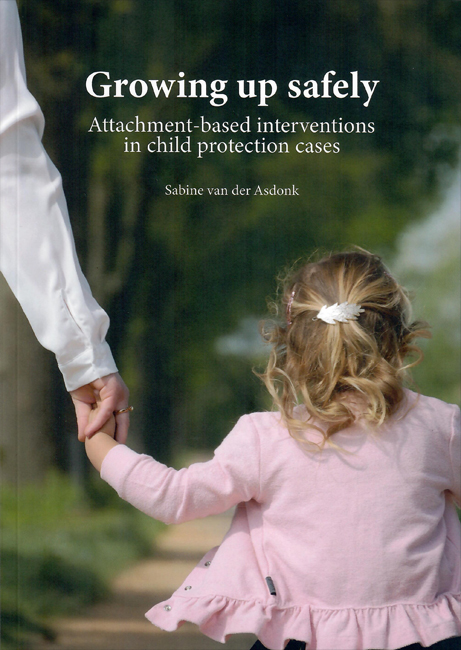
Attachment-based interventions in child protection cases
This dissertation focused on the role of attachment-based interventions in child protection cases involving young children. The results confirmed that placement decisions are impacted by subjective factors, including professionals’ own attitudes and mind-set. Because we argue that the influence of subjective factors can be reduced by inserting relevant evidence into the decision-making process, we tested the effectiveness of one procedure that might produce such information. Evidence for the notion that implementing an attachment-based intervention in parenting capacity assessments can enhance the quality of placement decisions was partially found in this dissertation. We found initial evidence for improved reliability, but not for improved validity, of placement decisions.
Taking these findings together with international evidence, we do tentatively conclude that attachment-based interventions can contribute to an improved quality of placement decisions. However, more research is needed to determine what implementation would be most fruitful in the Dutch child protection context. Finally, our finding that maltreating parents with more severe levels of childhood trauma benefited less from an attachment-based intervention implicates that we need to consider families’ individual needs when conducting interventions in this setting. This way, not only more parents will benefit from these interventions, their responses to these interventions might also be a more valid source of information to support placement decisions.
© Sabine van der Asdonk




